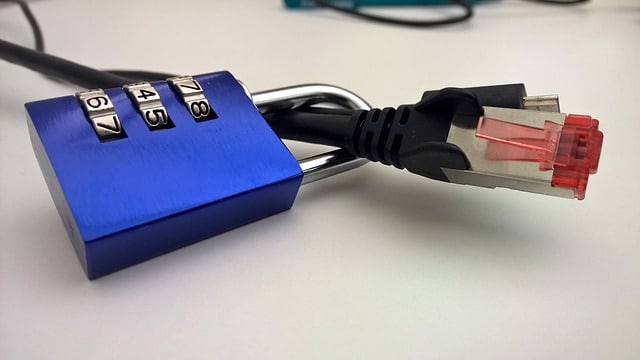
Digital privacy is associated with the protection of personal data in the digital universe.
The idea of privacy refers to the condition of private : that which is personal and particular to a subject. The private is part of the individual or family sphere, which is why it does not belong to the public sphere.
Digital , meanwhile, is an adjective that qualifies the system or artifact that stores, transmits or presents information through the combination of bits (a unit of measurement that refers to the existing amount of information and is equivalent to the selection between two alternatives. that have the same probabilities). By extension, what is done using digital resources is called digital.
What is digital privacy
The idea of digital privacy , in this framework, refers to the defense of people's rights in electronic media . The notion is usually linked to protection mechanisms against abusive commercial practices of certain companies , which collect the personal information of users and consumers and use it for their own benefit.
The notion of digital privacy, therefore, aims to safeguard the personal data that individuals post on social networks and other Internet sites and services. It is intended that this information is not used for purposes other than those accepted by each subject nor is it exploited by the companies.

Digital privacy is protected by law.
Classification according to type
It is common to differentiate between different types of digital privacy, or to recognize different dimensions of it. Information privacy, for example, is associated with the right of people to define how their digital data is stored and used .
It is understood that, when providing information to complete the registration processes or to develop their profiles or accounts, users provide data to the platforms, but do not enable them to make free use of them. The legislation , in this way, protects these files to guarantee digital privacy.
The privacy of communications , meanwhile, is related to the invulnerability of the communication processes that are developed through digital or electronic means. Companies are expected not to access the messages and content that users exchange.
Individual privacy, finally, has to do with not receiving unwanted contacts. In other words: digital privacy contemplates that people should not be disturbed in their online profiles and services by sending advertisements , unsolicited messages, etc.
Tips to take care of digital privacy
Beyond the guarantees provided by laws , each person can take certain measures to improve their digital privacy. From healthy practices to implementing technical measures, there are many ways to minimize the risks when entering personal information on the Web .
Experts emphasize that common sense should always be used. Just as no one goes down the street providing private data, the ideal is to take care of what is made public on social networks. Attention should also be paid to the content that is provided to companies.
Not using the same passwords for all services, using two-step authentication and not using open or unsecured WiFi networks are other suggestions that contribute, in this case, to ensuring that each person's information is not violated or intercepted by criminals. .
